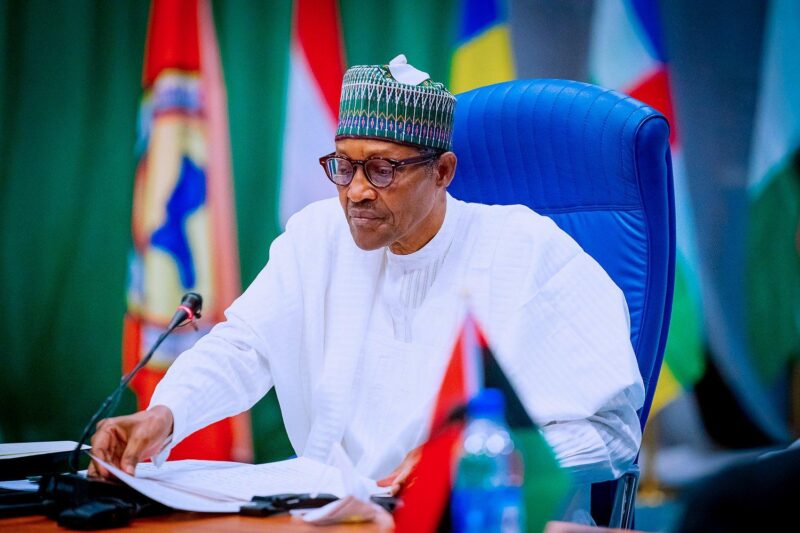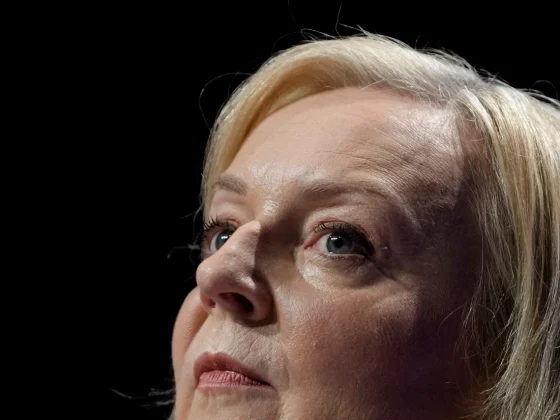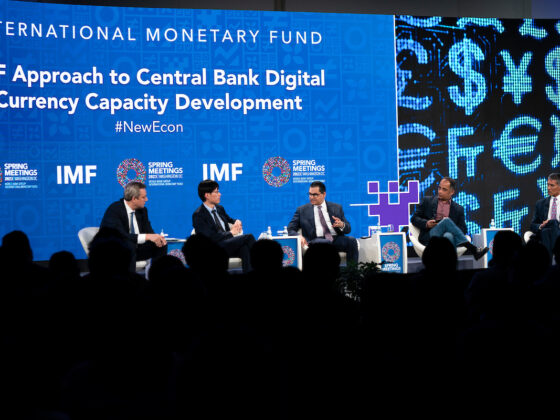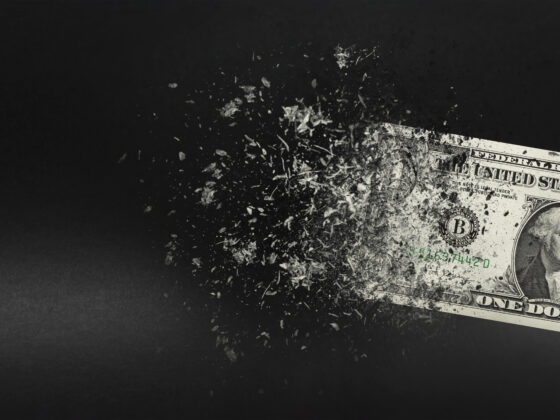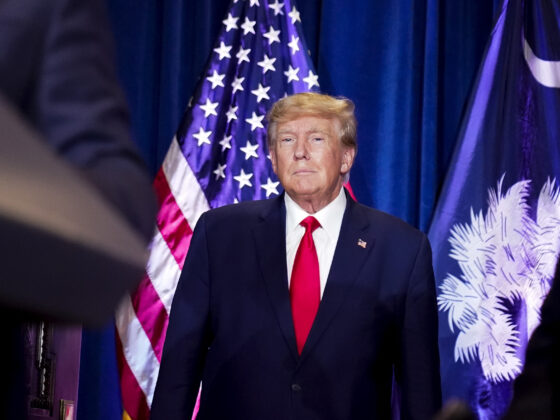“Nigeria must go cashless. It is a global policy, checking insecurity and fighting corruption”: Central Bank of Nigeria Governor Godwin Emefiele
Like India in 2016, Nigeria is undergoing the shock therapy of demonetisation. Its central bank is withdrawing high-denomination notes from circulation and replacing them (or at least supposed to be replacing them) with newly designed ones. As in India, the result has been unmitigated chaos and economic pain for citizens and businesses.
A very dark experiment is under way in Nigeria, with deadly consequences. Since October 2021, 99.5% of Nigerians have refused to use the central bank's digital currency, the so-called e-Naira, preferring to continue using cash. So what did the central bank do? It doubled down.
— Nick Corbishley (@NickCorbishley) February 16, 2023
As in India, the government and central bank have provided a laundry list of reasons for taking such a drastic step, many of which seem, on paper, plausible and laudable. They include combating counterfeiting, bringing more cash into the formal economy (by forcing people to deposit their old notes at the bank), curbing money laundering and terrorism financing, increasing tax revenues and, crucially, preventing vote buying in the upcoming general elections (Feb 25).
But there is another objective at play which, I believe, supersedes all others: shrinking the amount of cash circulating in the country, with a view to accelerating Nigeria’s transition toward a cashless economy. Among its list of reasons for pursuing demonetisation, published in October, the Central Bank of Nigeria (CBN) itself said the redesign of the currency will “help deepen our drive to entrench a cashless economy as it will be complemented by increased minting of our eNaira,” Nigeria’s central bank digital currency (CBDC).
To help nudge transactions online, the central bank has limited cash withdrawals by an individual customer to 500,000 naira ($1090) a week, up from a 100,000 limit set on Dec. 6, and 5 million naira ($10,900) for a corporate customer, up from 500,000. It imposed a 3% processing fee on withdrawals above the limit by an individual customer and 5% for companies. But for many Nigerians, the challenge right now is getting hold of usable cash at all.
Amid the resulting chaos, central banks from around the world will presumably be watching on and taking notes. According to the Atlantic Council’s CBDC tracker, 114 countries, representing over 95 percent of global GDP, are exploring a CBDC.
“Nigeria Must Go Cashless”
Last week, the CBN Governor Godwin Emefiele said the central bank’s cashless policy was both necessary and part of a “global” policy (though it is unclear what he meant by the world “global,” whether relating to the whole world or encompassing the whole of something):
“Nigeria must go cashless. It is a global policy, checking insecurity and fighting corruption.”
The CBN’s “drive to entrench” a cashless economy, or at least a less-cash economy, dates back over a decade, and has so far been a dismal failure. Cash in circulation more than doubled between 2015 and 2022. As an op-ed in Premium Times notes, “there are no data to support the central bank’s claim that Nigeria is a cashless economy,” or even close to becoming one. “An economy in which 83% of your cash in circulation is not sitting in bank vaults cannot be cashless.”
That didn’t stop the CBN from becoming the world’s first central bank of a largish economy to begin issuing a central bank digital currency, or CBDC. In October 2021, it launched the eNaira, with the technical support of the International Monetary Fund. But the CBDC was a gargantuan flop. One year after its launch, just 0.5% of Nigerians had downloaded the eNaira app. Of those, only 8% are actually using the app, according to the IMF’s 2022 staff report. Despite the government’s and central bank’s marketing efforts, most people have preferred to continue using cash.
So what did the central bank do? It doubled down.
In October, it unveiled plans to replace all high-denomination cash bills in the economy. The CBN initially said the old notes would cease to be regarded as legal tender as of Jan 31, 2023. But as that date approached, the deadline was extended to February 10, with a grace period of seven days for old notes to be deposited in banks.
Then, on February 8, as the scale of the potential fallout was becoming clear, the Supreme Court issued an injunction ordering the Nigerian government to delay the cash swap and allow the continued use of old N200, N500 and N1,000 notes. But both President Muhammadu Buhari and the CBN have refused to comply. In a national broadcast last Thursday, Buhari admitted that the new currency policy is causing “difficulties”, but he only approved the continued use of the old N200 notes as legal tender.
Read the rest here:


